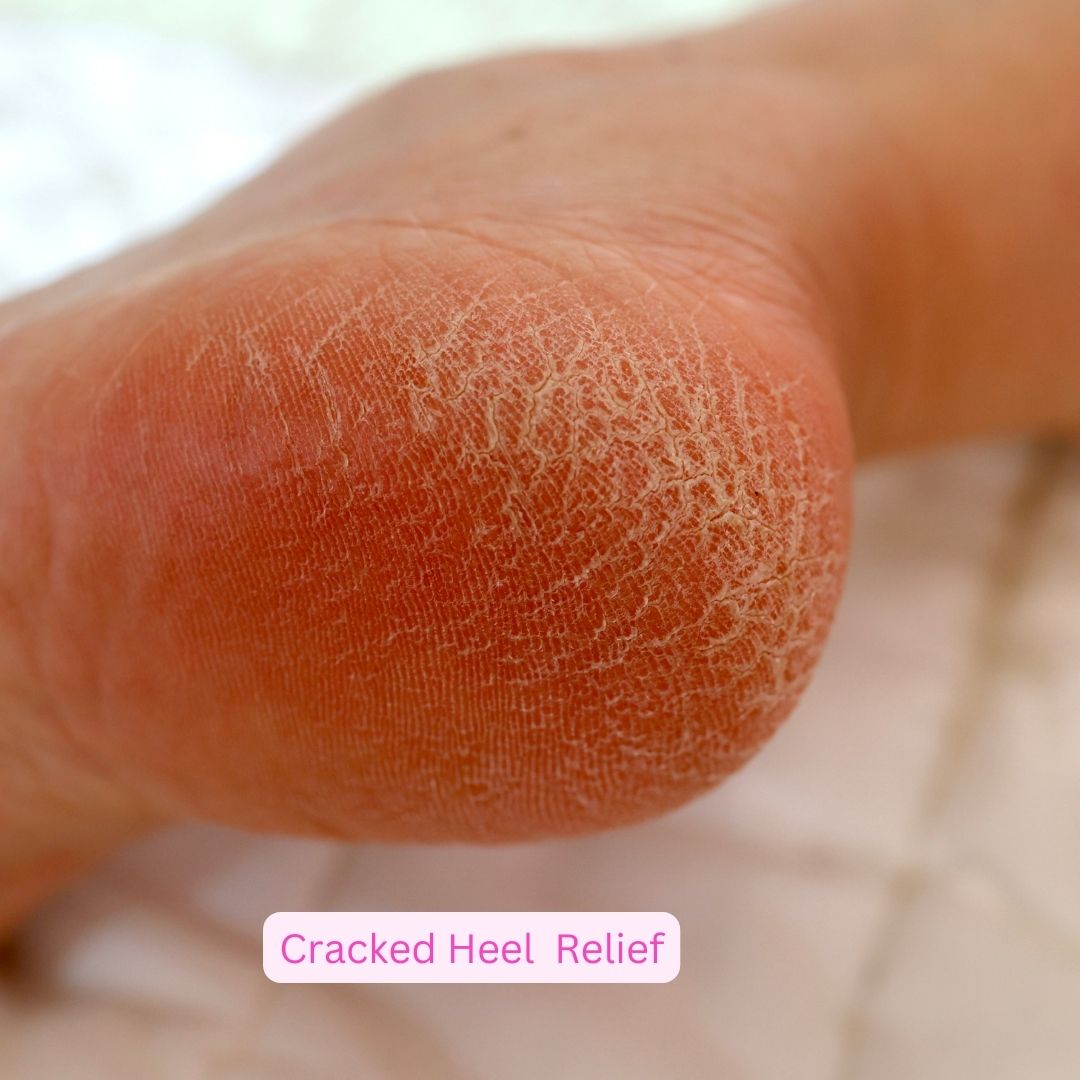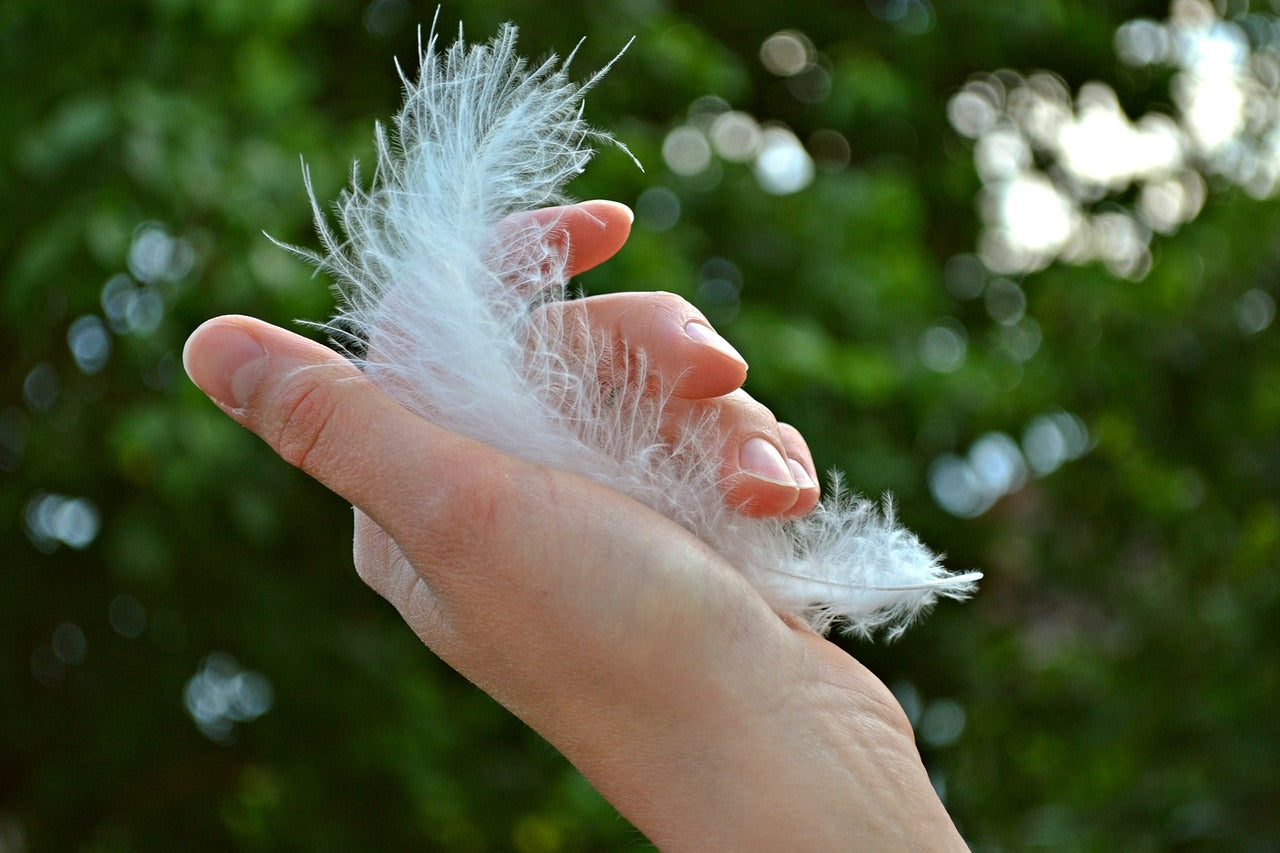When someone mentions lavender, most of us immediately envision those lovely purple-blue flowers with a scent reminiscent of fresh linen. The aroma of lavender is so distinct that it often elicits either strong affection or dislike. Lavender Essential Oil, known scientifically as Lavandula Angustifolia, stands as one of the most widely recognized and utilized essential oils.
Although lavender is now commonly associated with France, particularly the Provence region, its cultivation dates back over 2500 years to regions such as India, the Middle East, and the Mediterranean. During Roman times, lavender was utilized to fragrance baths, hence its Latin name derived from "Lavare," meaning to wash.
Today, Bulgaria is renowned for its superior extraction techniques, producing high-quality lavender essential oil. Historically, lavender held significance beyond its fragrance, with some cultures using it for attraction and love. Legends even suggest figures like Cleopatra employed lavender to captivate Julius Caesar and Mark Anthony.
Beyond its romantic allure, lavender essential oil boasts numerous health benefits. From aromatherapy aiding anxiety relief to its antioxidant properties, lavender offers a wide array of therapeutic uses.
Lavender essential oil indeed offers a plethora of benefits! Its calming aroma can help alleviate headaches, fatigue, nervousness, and anxiety, while its antifungal properties make it effective against fungal infections. Additionally, lavender oil is known for its analgesic properties, making it useful for relieving joint and muscle pain. Its antiseptic properties also aid in wound healing and combating various skin conditions like acne and eczema.
Regarding production, it's fascinating how much raw material is needed to produce a small amount of essential oil. Lavender, in particular, requires a substantial amount—250 pounds of lavender to yield just one pound of essential oil. The scarcity and extraction process contribute to the higher cost of certain essential oils like lavender.
Whether used in diffusers for aromatherapy, diluted with a carrier oil for topical application, or added to bath products, lotions, or conditioners, lavender essential oil offers a versatile and natural solution for various health and wellness needs.
Dating back to Greek and Roman civilizations, lavender was utilized to heal wounds, with the first written documentation attributed to the Greek military doctor Dioscorides in 77 AD.
Ancient civilizations, including the Egyptians, valued lavender for its cosmetic and medicinal purposes, from perfumery to mummification. Lavender's versatility extends to modern times, notably in the early 20th century when French chemist René Maurice Gattefosse discovered its effectiveness in treating burns.
Lavender essential oil remains a staple in aromatherapy, addressing ailments from headaches to skin conditions. Its concentrated nature requires dilution before topical application or inhalation. During World War I, European hospitals utilized lavender essential oil to treat injured soldiers, highlighting its enduring medicinal relevance.
With constituents like Linalool and Linalyl acetate, lavender essential oil is prized for its therapeutic properties. The steam distillation process ensures potency, though some variations in scent can occur based on factors like soil and climate.
In summary, lavender essential oil stands as a timeless remedy, cherished for its enchanting fragrance and myriad health benefits, continuing to captivate hearts and minds through the ages.



